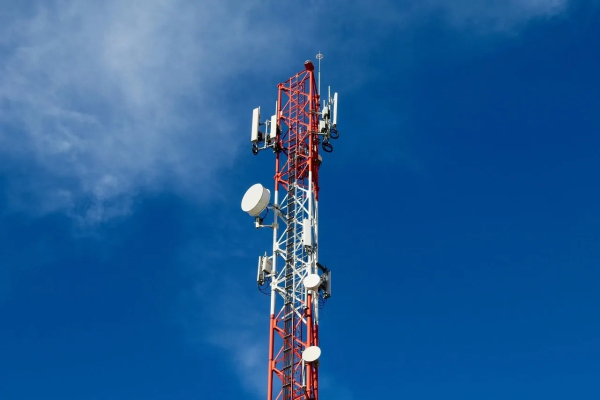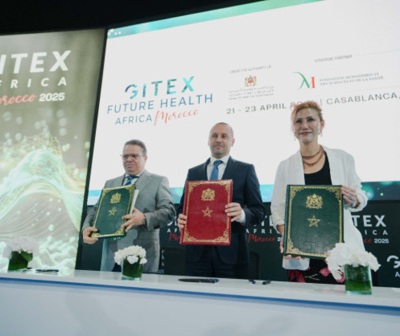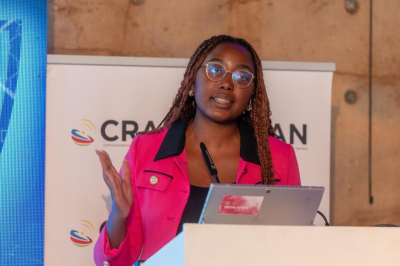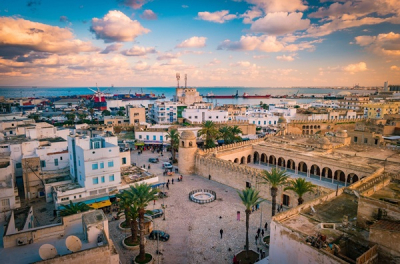Digital technologies are crucial for driving economic growth, innovation, job creation, and social inclusion. However, Sub-Saharan Africa (SSA) grapples with significant challenges in digital development, such as underdeveloped infrastructure and costly connectivity. Entry into the African telecom market with 5G infrastructure is pivotal for African development, promising to enhance digital inclusion, spur economic growth, reduce costs for local telecom operators, and hasten technological progress.
Reliance Industries Ltd (RIL) is set to enter the African telecom market by providing 5G shared network infrastructure through its subsidiary Radisys, in collaboration with Next-Gen Infrastructure Co. (NGIC), backed by the Ghanaian government. Radisys announced this on May 27.
"By bringing Fixed Wireless Access alongside 4G and 5G cellular services to help drive economic growth and digital inclusion, Radisys looks forward to helping Ascend and NGIC build a disruptive and affordable shared broadband infrastructure across Ghana," said Arun Bhikshesvaran, CEO of Radisys.
Radisys, owned by RIL's unit Jio Platforms Ltd (JPL), along with Tech Mahindra and Nokia, will collaborate with NGIC to develop 4G and 5G networks across Africa, starting with Ghana. NGIC plans to invest $200 million in this initiative over the next three years, offering the networks as shared resources to local mobile operators to cut costs. With partnerships already established with AT Ghana and Telecel Ghana, NGIC aims to replicate India's low-cost, high-speed data model, providing affordable and efficient digital services across the continent.
This investment aligns with the strategy outlined in August 2023 by Owusu-Ekuful, Ghana’s Minister for Communication and Digitisation, during the 12th African Peering and Interconnection Forum (AfPIF). She disclosed the government's decision not to issue a 5G license, which would require significant investment from telecom operators. Instead, the government plans to establish a neutral shared infrastructure company to provide the necessary networks to operators.
Andrew Dabalen, the World Bank's Chief Economist for Africa, emphasized that increasing mobile internet usage could create jobs and spur economic recovery. A 2023 World Bank report (Digital Transformation Drives Development in Africa) revealed that extreme poverty decreased by around 7% in Nigeria and Tanzania, and labor force participation increased by up to 8% after three or more years of internet coverage. Addressing these gaps is crucial for fully harnessing digital technologies' potential in SSA.
Hikmatu Bilali



















